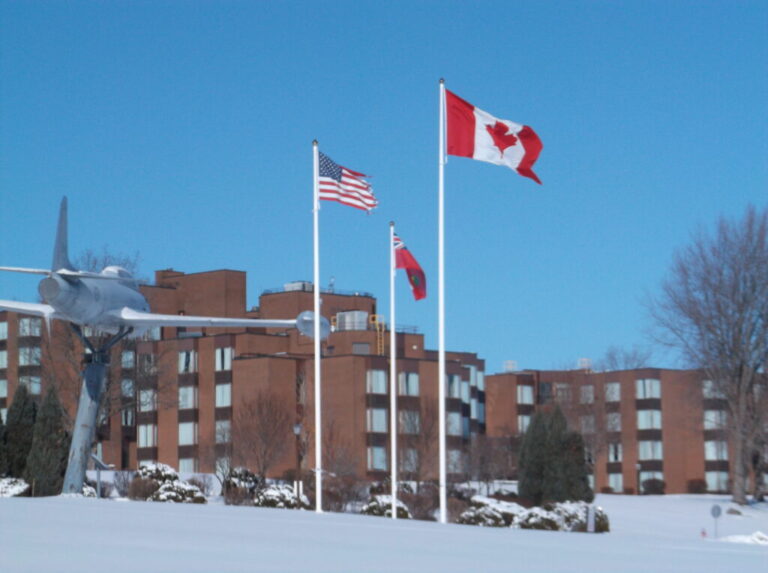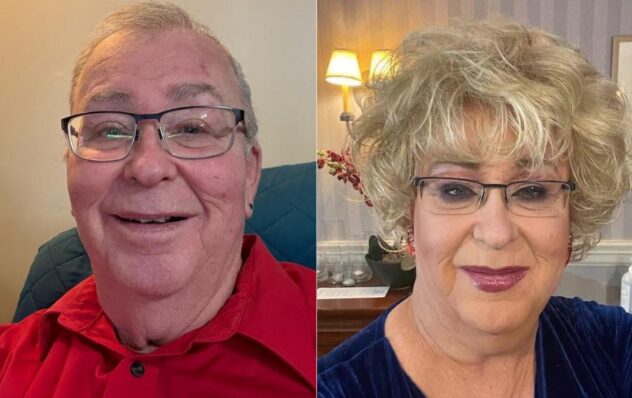
In January I introduced readers to The G.R.A.C.E. Diet,a program designed to refuel your spirit, add to your emotional resilience, and lift you from the challenges of living in this chaotic world. This began with the practice of Gratitude, offering several different practices you can engage in to integrate gratitude in your daily life.In the February column, I challenged you to by build self-respect by re-programming your self-critic and standing up for yourself when the circumstances required you to.
In reflection, how did you do? Have you been able to introduce more uplifting conversations into your self-talk? Are you clear on your boundaries with others? Has this changed how you feel about yourself?
Be kind to yourself and remember that these practices take time o become habits, so stay the course!
This month, I am discussing the A of the G.R.A.C.E. Diet, Acknowledgement.
G.= Gratitude
R.= Respect
A.= Acknowledgement
C.= Courage
E.= Enthusiasm
Acknowledgment
Acknowledgment is one of my favorite conversations to have with individuals; it combines gratitude and self-respect, taking both to the next level. Before we jump is, let’s step back in time. Remember when you were a child, and you said something about yourself to parents or elders which was complimentary, something like ‘I did a great job’ or I did really well on that test’ or ‘I am really good at that’, your comments were not well received. If you were raised as I was, I was told not to brag, to say such things was to be conceited or ego-centric. I was taught that at all costs I must be humble. Now it was okay for that elder to offer a complement from time to time, but even then, the expectation was that a response of, ‘oh that was nothing’ was acceptable.
Enough said. While humility is a virtue it does not imply that you cannot see the gifts, talents and strengths that you naturally possess and celebrate them. So many of you have been raised to believe that trusting in yourself, what you know to be the best of who you are, to be able to say “I AM Good/Great at that” is an expression of ego-centricity. I am here to say it is not, it is self-knowledge.
This brings us back to acknowledgment, the art of being able to look at yourself with clear eyes, focused on what you know to be true about you. Where do you start? A few suggestions:
1. Draw a Life Map/Time Line– Think back over your life and in chronological order make a map of some of the most significant challenges you have faced. Be as detailed as you choose. Now review the events you have recorded and consider how you survived these events. Remind yourself what strengths you employed, what values guided you, what lessons you learned and how you grew as a result. Recognize that even through great pain or difficulty you not only survived, you thrived. The strength that you have as a result – this is YOU.
2. Consider the positive feedback / compliments you have received over the years from colleagues or friends. At the time you may have dismissed them. But re-consider what they were telling you. What do they add to your profile of strengths, gifts and talents? What if you saw the comments for what they are versus dismissing them.
3. Consider where you are today in your life. What are you currently engaged in, work or leisure? When you are approaching your responsibilities, what aspects of yourself are you engaging to do so? Are you a great planner, a super executer, a creative influence, a super champion of people? As you read this, stop and ask yourself how you are making a difference everyday in the lives of others and in the world. See it!
4. Having completed any or all of the above exercises, write down the following words: I ACKNOWLEDGE MYSELF FOR BEING… (Fill in the blank) … an efficient planner, a great mother/partner, creative in my approach to problem solving, a unique artist, a gifted writer, an amazing team leader, …
5. Finally, from now on, when someone offers you a compliment, simply say ‘Thank You’ or, as I often do, ‘I appreciate hearing that’. Acknowledge the giver.
I indicated above that acknowledgement combines gratitude and respect and takes both to the next level. Here is why.
Acknowledgement is in my opinion, the highest form of gratitude. It is a thank you to your higher power for creating you and in the process gifting you with all the attributes that make you unique. It is also a thank you for the opportunities that life has given you to exercise these talents and gifts, in service of others, the world, the causes that are important to you. Acknowledgement is an honest appraisal of who you are and your place in the world.
So, when you are saying to yourself, I ACKNOWLEDGE MYSELF FOR BEING…, consider this to be a prayer of gratitude versus a statement of ego or conceit. You are simply recognizing who you are, which of course leads us to respect. Self-respect highlights the best of who you are, sees the truth of it, and builds on it.
Final Thoughts:
Gratitude – Respect – Acknowledgment: an antidote to depression and anxiety and recipe for self-respect, self-compassion and resilience.
In the coming weeks, I invite you to complete one or all of the exercises I have offered and begin to see yourself differently. Identify the strengths you have employed over a lifetime. See the talents and gifts you were born with or developed through your life. Understand how all of these contribute to the life you now want to embrace. Ask yourself how you might exercise these unique gifts differently. Listen to the feedback and compliments you receive from others and accept them graciously. Use all of this information to create a new, more honest story of who you are and begin to practice this daily.
I ACKNOWLEDGE MYSELF FOR BEING…
Until Next Time,












